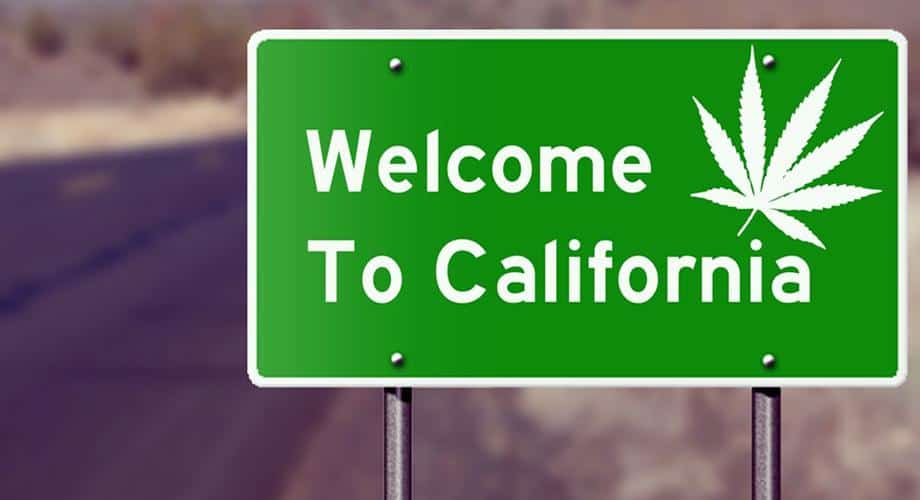Growing and selling cannabis in California
News:
Date added: 06.06.2019
Since January 1, 2018, cannabis has been sold to people aged 21 and over in California. It is the eighth US state where the drug is legalized and can be obtained without a prescription (Washington, Oregon, Nevada, California, Colorado, Alaska, Massachusetts and Maine).
The adult marijuana law, or Sentence 64, allows anyone over the age of 21 to legally buy cannabis at a pharmacy. It also will enable Californians to professionally grow up to six plants in their own home or carry up to 8 grams in the form of a concentrate, such as an ointment or oil, or up to 30 grams of grass. Each cannabis manufacturer must pay a 15 per cent state excise tax plus state taxes ranging from 8% to 10%. When cannabis is cultivated, a fee of $ 9.25 is collected for 30 grams of plant flowers and $ 2.75 for 30 grams of leaves.
In 1996, California was the first state to legalize the use of medical cannabis. In 2003, the state legislature enacted the Medical Marijuana Program Act, with the explicit intention of "increasing access for patients and caregivers to medical marijuana through collective, collaborative cultivation projects." In 2008, the California State Attorney General issued a General Order on the safety and prevention of the illegal distribution of cannabis grown for medical use (Cal. 4 729, 156 Cal. RPTR. 3d 409).
The court, reviewing this ruling for compliance with the laws of the state of California, indicated that "although a qualified (i.e., sick) person may have the right to use medical cannabis, state law does not provide access to medical cannabis for the rest, unqualified people". This judicial act, however, caused several cities and counties in the state of California to ban any cannabis, including medical completely.
In 2015, the state legislature created a comprehensive regulatory framework across the state to develop licensing criteria and enforce rules on cultivation, production, retail, transportation, storage, delivery and testing of cannabis in California (AB 243, AB 266 and SB 643 ). This regulatory scheme is known as Medical Cannabis Regulatory and Safety Act (MCRSA) (formerly known as the Medical Marijuana Regulatory and Safety Act).
Besides, comprehensive state-of-the-art environmental safety measures were added to State Senate Bill Number 837 that require the California State Water Resources Control Committee to make recommendations on how to regulate water quality to grow cannabis to protect streams and rivers from illegal use. The Adult Use of Marijuana Act (AUMA), Proposition 64, was approved by California State voters in November 2016. As mentioned above, according to the proposal, 64 adults aged 21 and older can legally grow, own and use cannabis for non-medical purposes, subject to certain restrictions, for example, banning cannabis use in public places.
The law also established the ability to produce cannabis for sale and distribution since January 1, 2018. The person who wants to produce cannabis must obtain permission from the health bureau. To obtain permission, it is necessary for particular to prove the following:
- cultivated cannabis variety is not harmful to health and does not cause mental disorders,
- the company uses only approved fertilizer bureaus and does not use various synthetic substances,
- water used for irrigation contains impurities which, together with TCG and CBD, can cause mental disorder,
- access to the production site is limited and not accessible to a wide range of people
- there are preliminary agreements with sellers,
- The authority is located in the United States.
- The company does not plan to export products outside the state of California.
As can be seen from the above, California law takes the production and sale of cannabis very seriously. These measures are necessary to preserve public health and prevent various accidents associated with the consumption of poor-quality cannabis.
With the help of Law and Trust International, you can register a company in the United States of America, including in the state of California.

















